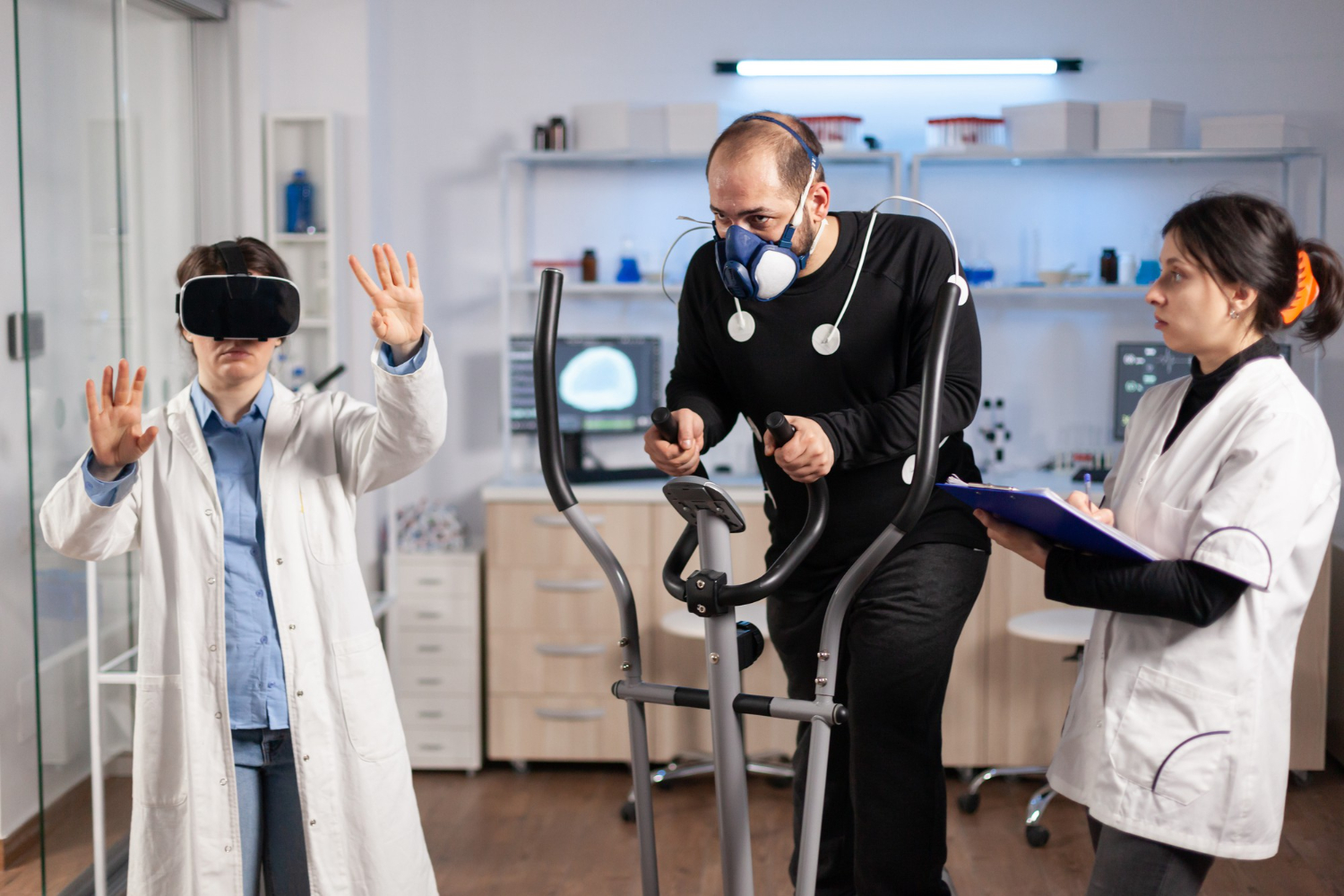Advancing Aged Care Through Innovative Research

Aged care is more than just providing comfort to the elderly. It is about giving them dignity, better health, and a voice in their own care. With an ageing population in Australia, the demand for evidence-based practices in aged care is higher than ever. Clinical research plays a major role in shaping the future of aged care, ensuring that every decision is backed by solid data and real-world outcomes.
But how does research actually change the way aged care is delivered? And what does it mean for the nurses, care workers, and administrators who are on the front lines? Let us dive into how research is shaping aged care for the better.
Why Research in Aged Care Matters
Caring for the elderly is not just about routine tasks and friendly conversations. It involves complex health conditions, emotional needs, and evolving medical challenges. Without clinical research, aged care would rely on outdated methods, leading to missed opportunities for better care.
Imagine if nursing homes still followed the same practices from 30 years ago. Many treatments and care methods would be based on trial and error rather than hard facts. Research gives nurses and caregivers confidence that their approach works. It reduces risks, improves patient outcomes, and enhances the overall well-being of older adults.
How Clinical Research Transforms Aged Care
Clinical research shapes policies, training programs, and treatment methods in aged care. Here is how it makes a difference:
1. Improving Medication Safety
Older adults often take multiple medications. This increases the risk of harmful drug interactions. Research helps identify safer combinations, proper dosages, and alternative treatments to minimise risks.
2. Advancing Dementia Care
Dementia is one of the biggest challenges in aged care. Clinical trials test new therapies, lifestyle interventions, and caregiving techniques to improve the quality of life for those affected.
3. Enhancing Mobility and Fall Prevention
Falls are a major cause of injury in aged care. Research identifies better exercise routines, assistive technologies, and environmental changes that help prevent falls.
4. Addressing Mental Health in Older Adults
Depression and loneliness are common in aged care. Studies provide insight into therapies, social activities, and community programs that support mental well-being.
5. Training Caregivers with Evidence-Based Practices
Research-backed training equips nurses and aged care workers with the best approaches for handling medical conditions, personal care, and emotional support.
.png)
The Role of Nursing Innovation in Aged Care
Nurses are the backbone of aged care. Their hands-on experience combined with clinical research leads to smarter, more efficient care methods. Nursing innovation is changing the way aged care is delivered, from new treatment techniques to improved communication with families.
1. Person-Centred Care
Instead of treating all elderly patients the same, research encourages personalised care plans based on an individual’s medical history, preferences, and daily routines.
2. Technology in Nursing
From wearable health monitors to AI-powered diagnostic tools, nurses are adopting new technologies to track health conditions, detect early warning signs, and improve patient monitoring.
3. Training and Skill Development
Clinical research informs new training programs, ensuring nurses and caregivers stay updated on the best ways to support, treat, and comfort the elderly.
Effective Research Methods in Aged Care
Not all research is equal. The best studies follow strict methods to ensure reliable results. Here are some research techniques that guide aged care improvements:
1. Randomised Controlled Trials
These studies compare different treatment methods by randomly assigning participants to test groups. It is the gold standard for measuring what works and what does not.
2. Observational Studies
These studies track patient experiences over time to identify trends in health conditions, treatments, and caregiving approaches.
3. Surveys and Interviews
Speaking with aged care residents, families, and caregivers provides insight into real-world challenges and preferences.
4. Longitudinal Studies
These studies follow individuals over several years to understand ageing patterns, lifestyle impacts, and disease progression.
Why HR and Administrators Should Pay Attention
If you manage an aged care facility, you know that running a well-functioning team is no small task. Research-driven care affects hiring, training, policies, and staff well-being. Here is why it should be on your radar:
- Better staff training → Research-backed programs equip employees with the latest knowledge and skills.
- Improved patient satisfaction → Evidence-based care leads to happier residents and families.
- Fewer legal and compliance risks → Following proven methods reduces liability and regulatory issues.
- Higher staff retention → Employees stay longer when they feel confident and well-supported in their roles.
.png)
The Future of Aged Care Research
Aged care is constantly evolving, and research is leading the way. New studies, innovative nursing methods, and breakthrough treatments will continue to shape the industry. Embracing research-driven care is not just about following trends—it is about making real improvements for both caregivers and residents.
Aged care facilities that prioritise research create safer, healthier, and more fulfilling environments for everyone involved. Whether you are a nurse, administrator, or policymaker, staying informed about clinical research and evidence-based practices will help you make the right decisions for the future of aged care.